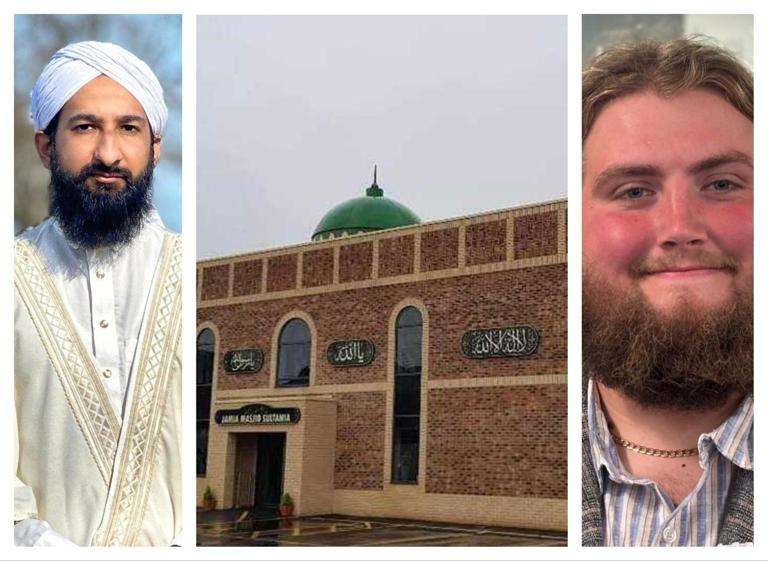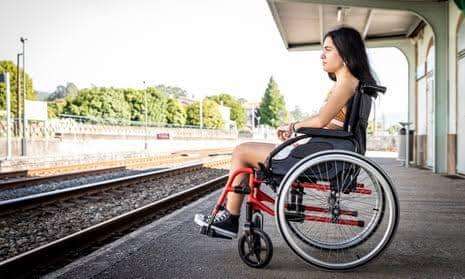Tanni Grey-Thompson had to crawl onto the platform after she became stuck at London's King's Cross station while travelling to Paris for this week's Paralympic Games opening ceremony.
Former Paralympian athlete and crossbench peer Lady Grey-Thompson claimed that she and other disabled rail travellers routinely experienced embarrassing events. She stated, "The system simply isn't functioning."
Nor did apologies from the train company’s managing director and a senior figure at the Department for Transport (DfT) ameliorate her. “It’s like, ‘and … ?’” said Grey-Thompson, a multiple gold medallist. “They are nice people but it doesn’t mean much … it just happens to so many other people.”
The Equality Act and the UN Convention on the Rights of Persons with Disabilities mandate equal access to transport for disabled people.
But research bears out Grey-Thompson’s suspicion that neither are being implemented on the ground: more than half of people with complex disabilities find public transport inadequate, with issues including overcrowding, a lack of staff support and negative attitudes from staff and other passengers.
Mike Brace CBE, a former chair of the British Paralympic Association and a member of the government’s Disabled Persons Transport Advisory Committee (DPTAC), said the UK’s public transport system was so “sprawling” that improving access for disabled people was almost impossible.
Brace, who sits on DPTAC’s rail working group, said the DfT took feedback from his group seriously but the implementation of their advice was almost impossible considering the diverse nature of the transport system.
“There are a number of good schemes going to help disabled people access the rail network but when there are 14 rail companies who need to implement those changes, there is an issue,” he said.
“The problem is the same with taxi refusals for guide dogs and wheelchairs, or airlines breaking wheelchairs when they’re in transit.”
Lucy Webster, a disability advocate, agreed that a lack of scrutiny and accountability of transport operators was a key issue, leading to ineffective complaint processes and fatigue among disabled passengers.
of the house at all. ‘Why are you out so late?’ is a common question I’m asked when on public transport.”
Harriet Edwards, the head of policy at the deafblind charity, Sense, said all these problems create the perfect storm in which the government continues to fail in its responsibility to ensure transport operators comply with the law.
She claimed that "little action has been taken to change the situation on the ground for disabled people, despite the rhetoric." "A major obstacle to making the necessary changes is the lack of funding and prioritisation for policies."
She said that this was not economically justified. "The economic benefits of making the transport system accessible could amount to £72.4 billion annually," she stated. "Accessible transport has major effects on social care and health, helping to combat loneliness and isolation."

_8.jpg)

_7.jpg)




.svg)


